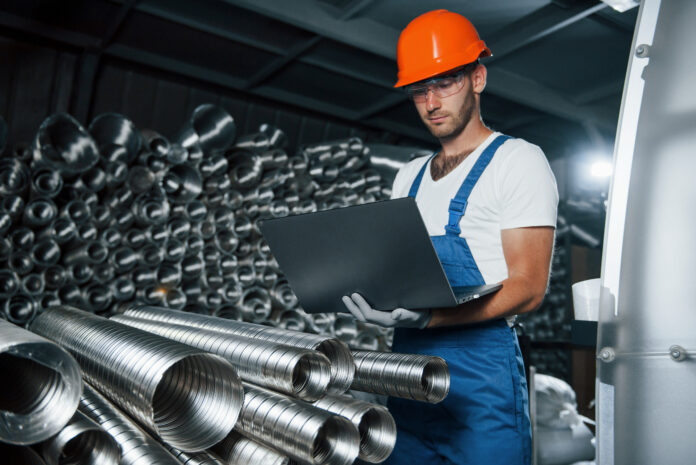The manufacturing industry is one of the largest in the world, with hundreds of billions going into varying sectors each and every year. With so many unique components and pieces of equipment that go into the manufacture of a multitude of products, we decided to focus on one particular accessory that is of vital importance – industrial pumps. But what are they and why are they so important when it comes to manufacturing? Let’s take a closer look.
What are Industrial Pumps?
From drum pumps to diaphragm pumps from Flux Pumps – these devices provide a seamless way to transport material, most commonly a liquid, from one location to another, allowing the filling of containers, cartons and more. Industrial pumps come in a variety of shapes and sizes, including handheld devices right through to static pieces of equipment that are installed and then left to do what they do best. Regardless of the size and intention, they all serve one particular requirement – and that’s to make it quick and easy to transport fluids.
Why Are They So Important?
Gone are the days of the manual filling of containers – with pumps, this entire task can be automated, with options to set up parameters digitally to allow the programming to handle the pumping processes. For businesses that prefer a more manual approach, the option to handle the task directly is also an option, with control features and settings to make the task all the more simple.
Industrial pumps make manufacturing easier and that’s why they were designed. Some can pump food, waste, chemicals and even flammable materials, while others are for more common liquids such as water. There are also options to transfer, mix and dispense from one location to another, and even circulate the liquids to keep them moving for any number of reasons.
The Unique Features of Modern Pumps
Many factories and manufacturers are considering upgrading their equipment to be able to incorporate the benefits of pumps; not just to save time, but to reduce expenses as well. In many instances, pumps can negate the need for human input – and even in cases where they can’t, they can streamline a process and make it much simpler to transport liquids from one place to another.
Pumps are typically easy to install, widely compatible with a range of equipment and boast an incredible lifespan due to the unique materials that go into their modern construction. As briefly mentioned above, they can often be programmed, allowing you to define the volume of liquid to be processed and then hit the trigger to get things underway.
They add to performance, maximise reliability, enhance productivity and reduce the cost of expenses in the process – making industrial-grade pumps some of the most useful tools for any manufacturer in need of them.
Picking the right type of pump can be tricky and this is why we recommend reaching out to a dedicated team of experts that can help you with your every need. From picking the right size and shape, to helping you to get the most from your budget; a pump specialist can assist with all of this and more.


















